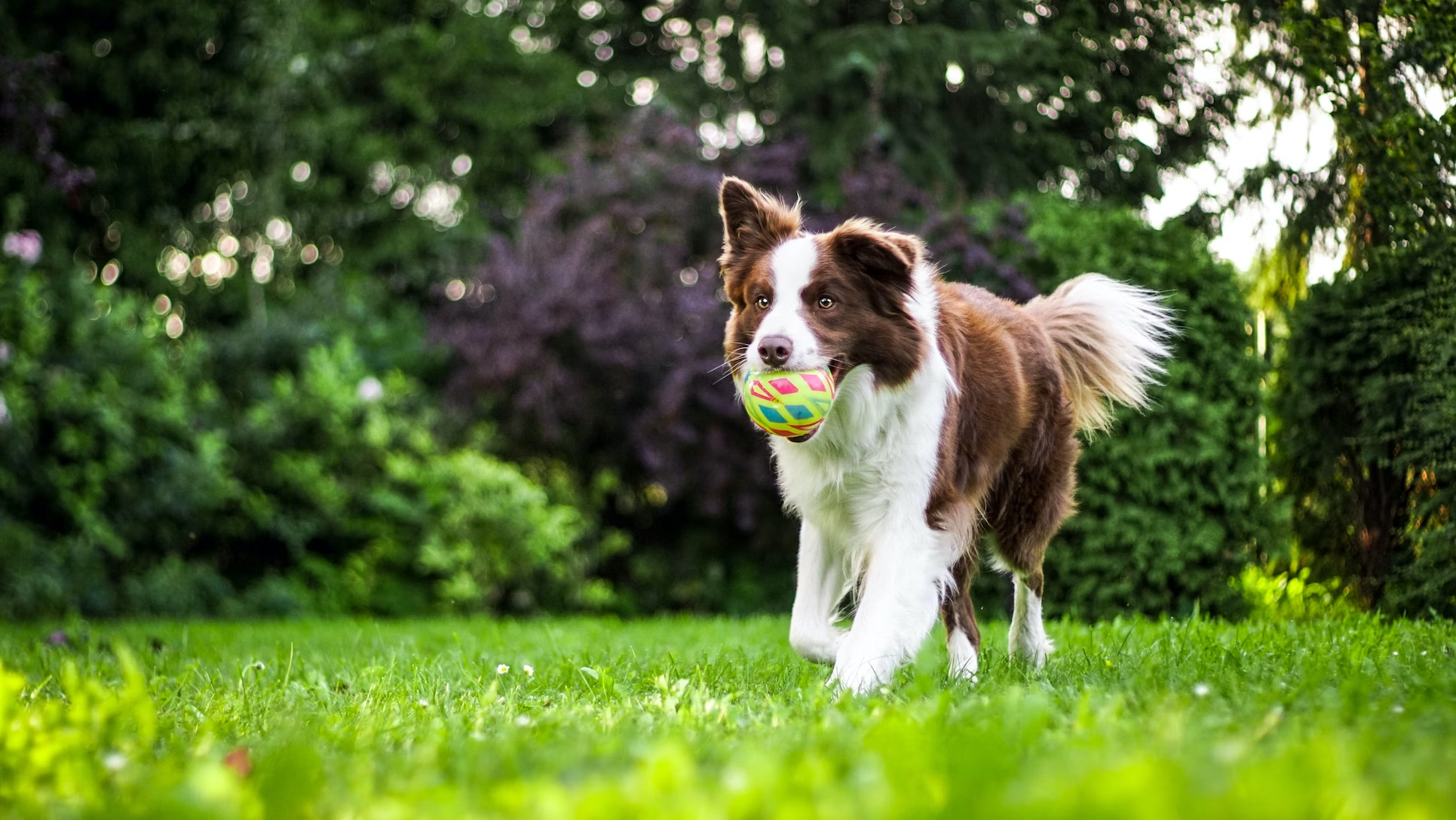Understanding the Motivations
To curb inappropriate elimination, first understand why your dog is soiling indoors. Common triggers include:
- Lack of proper housetraining
- Inadequate outdoor access or confusing signals
- Medical conditions provoking urgency
- Anxiety, fear, or insecurity
- Marking territory or power struggles
- Separation distress and boredom
- Submissive urination when excited
- Senility or declining mobility in elderly dogs
Pinpointing the root cause tailors training solutions.
Veterinary Causes
Schedule a thorough veterinary exam to rule out underlying medical factors like urinary tract infections, bladder stones, diabetes, diarrhea or incontinence. Treating health issues resolves associated accidents. Be sure to also spay/neuter your dog to decrease urge to mark territory.
Environmental Management
Dog-proof your home by:
- Escorting your dog outside frequently
- Using crates, gates and tethers to restrict access when unsupervised
- Eliminating odor triggers with enzymatic cleaners
- Providing easy access to an outdoor toilet area
- Sticking to a consistent eating and elimination schedule
- Identifying and controlling stress triggers
Proactively managing the environment prevents mistakes.

Positive Reinforcement Training
Use high-value food rewards to motivate pottying in the right spot outside. Praise immediately upon successful completion and add a cue like “go potty.” Clean all accidents swiftly and calmly without scolding. Increase supervision to set your dog up for success. Consistency and positive association are key.
Patience and Persistence Pay Off
Ending indoor elimination issues takes diligent training, prevention, and veterinary guidance tailored to your dog’s situation. Stick with the program and you’ll achieve harmonious housebreaking habits, improved relationship, and peaceful home.
Housetraining Puppies
Puppies need to relieve themselves very frequently and have limited bladder control until 6 months old. Take puppies out at least every 2 hours, upon waking, after play, and 15 minutes after eating. Crate training teaches them to hold it between potty breaks. Reward all outdoor potties heavily. Accidents are inevitable but be patient and consistent.

Re-Housetraining Adult Dogs
For adult dogs having accidents, go back to basics as if housetraining a puppy. Re-establish a schedule and supervision. Use crates and leashes to prevent wandering off. Verbally praise and give treats for appropriate pottying outside. Consider refresher housetraining classes if needed. Medical causes must be ruled out.
Special Needs Modifications
Dogs with medical conditions or limited mobility requiring pads or litterboxes should be confined to one room only with their designated indoor toilet area. Keep the sites clean. Continue rewarding for using the right location. This adaptation allows peace of mind when issues cannot be fully resolved.
The Payoff of Persistence
While challenging, consistently reinforcing desired elimination habits pays off tremendously in the human-canine relationship. Establishing a harmonious housebreaking routine benefits all family members with a relaxed, odor-free home. Put in the work and soon you’ll have worry-free, accident-free living with your dog.

